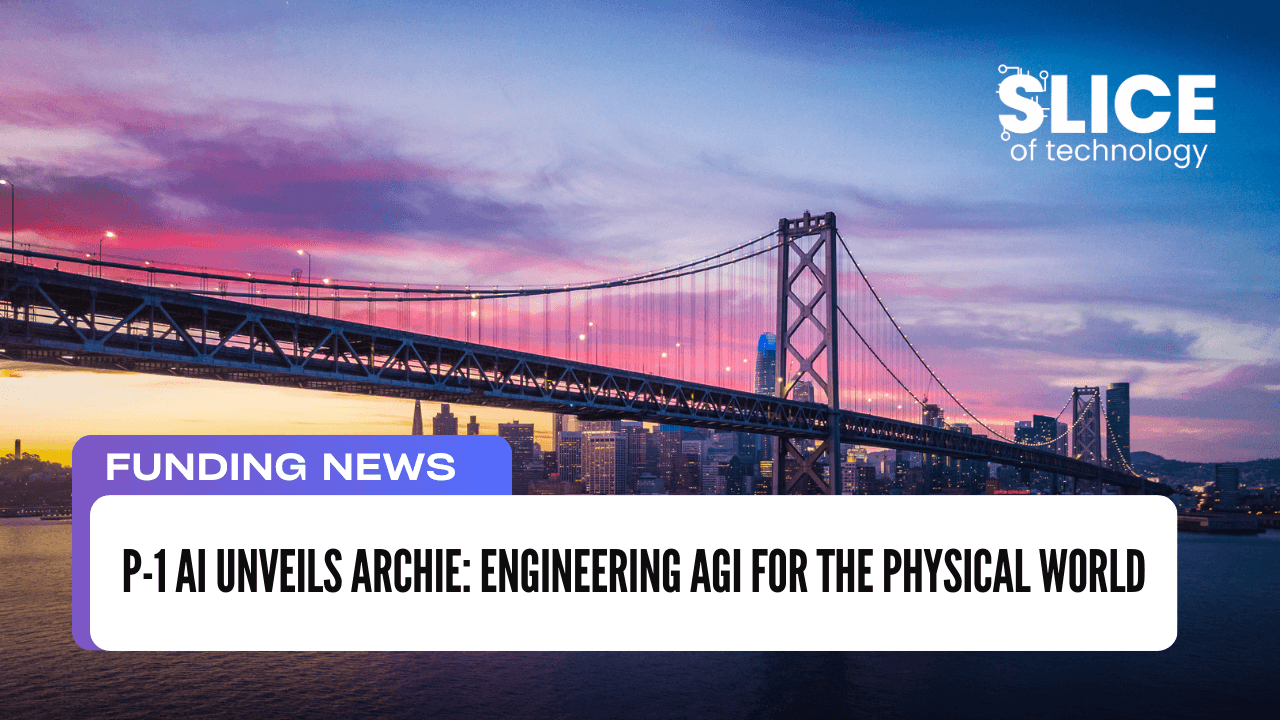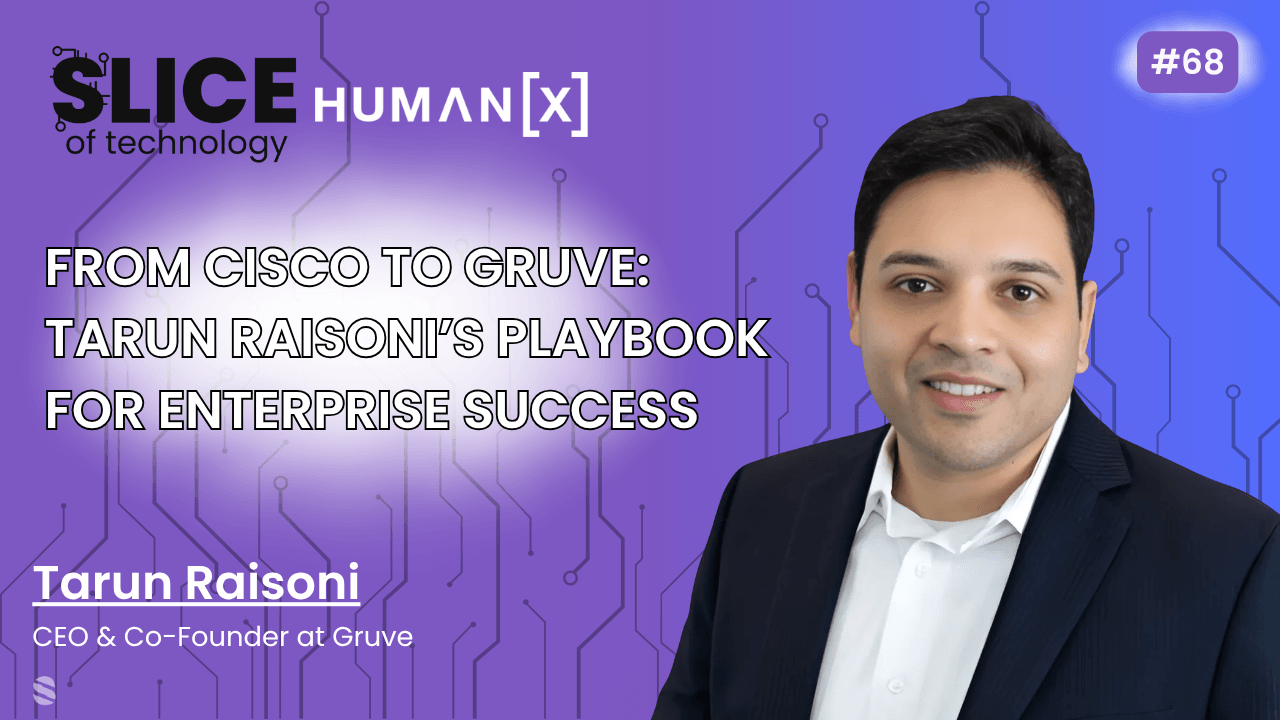
P-1 AI Unveils Archie: Engineering AGI for the Physical World
Key Highlights:
- Archie automates key engineering tasks with cognitive AI
- Focuses on full-spectrum multi-physics and spatial reasoning
- Generates physics-informed synthetic datasets to overcome data scarcity
- Initial deployment targets data center cooling systems
- $23M seed funding led by Radical Ventures and AI luminaries
Source: Business Wire
Quotes



